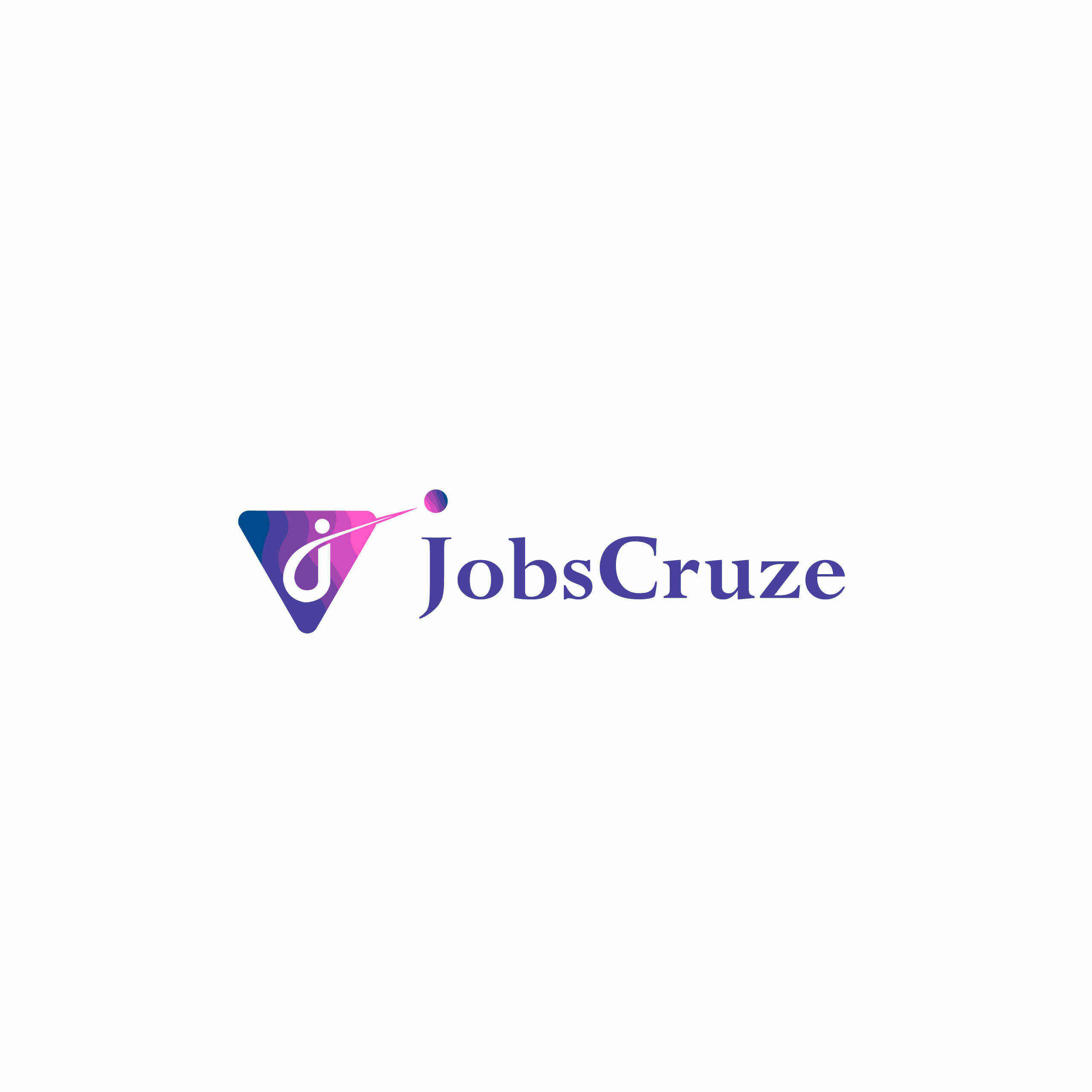

Your resume is important for getting your dream job. It helps create a good first impression on employers and increases your chances of getting an interview. Think of it as a snapshot of your professional life, showing your skills, experiences, and qualifications so employers can see if you’re a good fit for the job.
In today’s competitive job market, where many candidates apply for the same positions, using the best resume builder is essential for creating a clear and well-organized resume. By highlighting your strengths and relevant experiences, you can capture the attention of employers and encourage them to take a closer look at your application.
The key to success is to tailor your resume to match the job requirements and present your information. This approach greatly improves your chances of standing out to recruiters or hiring managers during their initial review.
Below, you’ll find tips on how to make your resume shine, formatting advice, and suggestions from resume-writing experts to help you perfect your resume.
A resume is a short document that gives an overview of your work history, education, skills, and accomplishments. It is meant to show potential employers what you can do and why you would be a good fit for the job. A well-written resume helps you stand out in job applications and improves your chances of getting an interview.
This is not just something to read once; think of it as a helpful guide that you can come back to as you improve and update your resume over time.
A resume is a concise document that summarizes your professional background, skills, and accomplishments. Its primary role in the job application process is to provide employers with a snapshot of who you are as a candidate. Consider your CV to be a sales tool that highlights your qualifications to possible employers.
The purpose of a resume goes beyond simply listing jobs; it’s about showcasing what makes you the best fit for the position. It should communicate your value and how your background aligns with the job requirements. A well-structured resume helps employers quickly assess your qualifications and determine if you should be invited for an interview.
In essence, your resume serves as your advertisement in the job market. It’s an opportunity to highlight your strengths, demonstrate your achievements, and create interest in your candidacy. By understanding its purpose, you can craft a resume that effectively markets you to potential employers and increases your chances of success in securing interviews.
Are you ready to get noticed and land that interview?
Your resume needs to show that
You are a great fit for the job.
Your skills will help the company make money.
You know how to solve the company’s problems.
You will bring value that matches your salary.
Your achievements can be measured and proven.
Great resumes highlight the impact you made in previous jobs. Instead of just listing your tasks, describe what you did, how you did it, and what the results were. For instance, you could say "Led a team of five to complete a project two weeks early, improving efficiency by 15%" instead of "Managed a team." This approach helps employers see the value you can bring to their organization.
Your resume should quickly convince hiring managers that you have the skills needed for the job. Focus on showcasing your expertise that directly relates to the position you're applying for. This means emphasizing experiences that show you can perform well in the new role.
Applicant Tracking Systems (ATS) are widely used by businesses to screen resumes according to keywords found in the job description. To ensure your resume gets noticed, include relevant keywords naturally throughout your document. This will help your resume pass through these systems and reach human eyes.
By clearly showing your achievements, emphasizing relevant skills, and using the right keywords, you can create a resume that stands out and increases your chances of landing a job interview.
A resume is more than just a list of jobs; it’s a marketing tool designed to sell your skills and experiences. It should communicate why you are the best fit for the job. Tailoring your resume for each application is essential, as it allows you to highlight relevant experiences that match the job description.
The layout of your resume matters. Use an easy-to-read format that is tidy and professional.
Here’s a basic structure to follow.
Add your name, contact information (phone and email), and LinkedIn profile.
A brief statement about your career goals and what you bring to the position.
List your most recent education first, including degrees and certifications.
Present your work history in reverse chronological order, focusing on achievements rather than duties.
Tailoring your resume is essential for making a strong impression on potential employers. Each job is unique, and a customized resume shows that you have taken the time to understand the specific role and company. By aligning your qualifications with the job requirements, you demonstrate that you are genuinely interested in the position and that you possess the skills needed to succeed. This increases your chances of getting noticed and landing an interview.
Instead of listing responsibilities, focus on what you accomplished in each position. Use numbers and specific examples to quantify your achievements. For instance, instead of saying "managed a team," say "led a team of 5 to increase sales by 20% over six months." This approach demonstrates your impact and effectiveness.
Start bullet points with strong action verbs like "achieved," "developed," "managed," or "designed." This makes your accomplishments sound more dynamic and impactful. Avoid passive language; instead, convey confidence in your abilities.
Aim for one page if you have less than ten years of experience; two pages may be acceptable for more extensive careers. Be clear and concise—every word should add value to your resume. Avoid unnecessary jargon and proficient terms.
Grammatical or spelling mistakes can provide the wrong impression. Always proofread your resume several times, and think about having a second set of eyes look it over.
Applicant Tracking Systems (ATS) are widely used by businesses to screen resumes before they are seen by a human. To ensure yours gets through, include relevant keywords from the job description throughout your resume.
If you haven’t heard back after submitting your resume, consider following up with a polite email expressing your continued interest in the position. This shows initiative and enthusiasm for the role.
Writing a great resume is important for getting job interviews, but it’s easy to make mistakes that can hurt your chances. Here are some common mistakes to avoid.
Many people just write down what they did at their jobs instead of what they achieved. Employers want to see your successes. Instead of saying, "Responsible for sales," say something like, "Increased sales by 30%." This shows the impact you made.
Avoid using generic phrases like "team player" or "hard worker." These phrases are overused and don’t say much about you. Instead, use clear and specific words to describe your skills and experiences.
It might be tempting to stretch the truth about your skills or experiences, but this is a big mistake. If employers find out you lied, it can ruin your chances of getting the job. Be honest about what you can do.
It's a common mistake to send the same résumé with each job application. Take the time to change your resume for each job by highlighting the skills and experiences that match what the employer is looking for. Use keywords from the job description to show you fit the role.
A messy or confusing layout can make your resume look unprofessional. Use a simple and clean format with clear headings. Make sure it’s easy to read and check for typos or grammar mistakes.
By avoiding these common mistakes—focusing on achievements, using clear language, being honest, customizing your resume, and keeping it neat—you can create a winning resume that helps you get more job interviews. Take the time to make your resume stand out!
Writing a winning resume takes time and effort, but it’s worth it when you land that interview! By following these tips tailoring your content, showcasing achievements, using action words, and maintaining clarity you can create a standout resume that captures attention and opens doors to new opportunities.
Remember, your resume is just the first step; prepare thoroughly for interviews to impress potential employers further!

The JobsCruze Logo is already a Spirited Signature that proudly headlines the Vision we pursue for and those we serve and stand for.